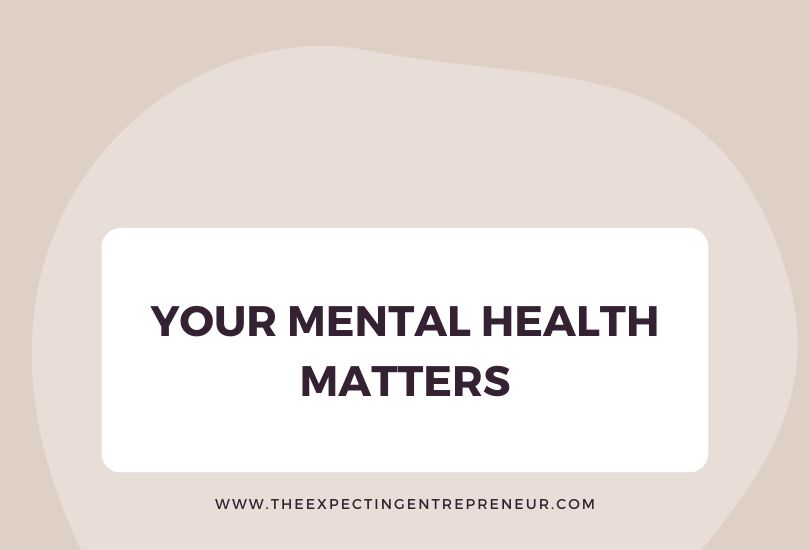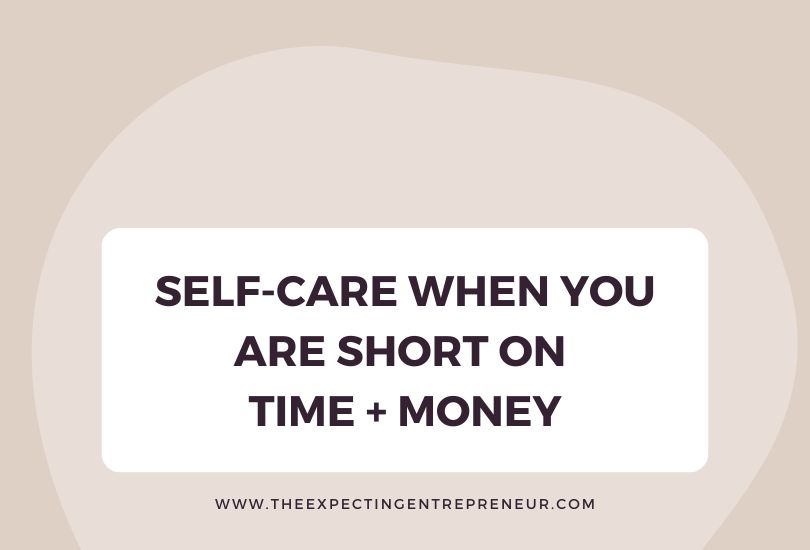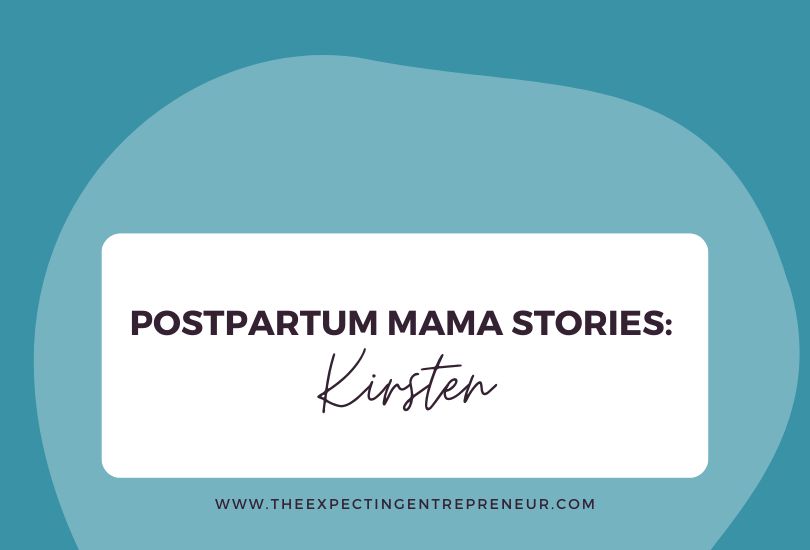Waiting for a doctor’s visit where you know you need to ask a question that leaves you vulnerable can be terrifying.
Why can’t I sleep even when my baby’s sleeping?
Why can’t I enjoy the things I used to enjoy?
Why do I feel so numb and overwhelmed?
How do I know if I’m bonding with my baby?
Am I a good mother?
That fear of feeling exposed often keeps these questions from being asked at all.
You might worry if your provider will think you are ignorant.
Or if they will go into the back office and chuckle about it with their colleagues.
Sure, having these questions just swirling around in your head and NOT knowing the answer is scary.
But actually asking the questions out loud can be just as scary.
Especially when you are used to being someone who has the answers.
When it used to be you who knew how to soothe people who are feeling unsure, and point them in the right direction
When you realize that you are just as vulnerable as someone you once helped, it’s a shocker.
But this humbling effect can be a kind of gentle power.
It can help you take the leap you need to get the support you deserve.
And you don’t have to do it alone. A little hand-holding never hurt anyone!
I’ve used this resource from Postpartum Progress as a starting place for getting appropriate care for maternal mental health issues.
Truthfully answering the questions in the safety and comfort of your own home is the first step to making sure you get the help and resources you need.
And I know it’s not a simple thing to do.
Because even when you give yourself that big pep talk and mental cheerleading, when you walk through the door you begin to feel that swirling nervous feeling in the pit of your stomach.
Sometimes, when I feel that nervous sensation, I keep my mouth shut in fear of my words shaking as they escape from my mouth.
And I’ll be the first to admit that this lip-locking approach is not the most productive strategy.
Yes, you could hold on to the questions until your provider asks what you are feeling.
But guess what?
Less than 50% of providers actually ask the questions for a mental health screening at postpartum visits or well-child screening.
Yes, less than 50%, and that’s an “optimistic” estimate according to the authors of this study.
So when you hear that voice in the back of your mind that says, “this is silly, just handle it yourself!” see if you can pause.
Take a deep breath.
Trust yourself to recognize and communicate what you are feeling, with the help of this tool.
Here’s my recommendation for how to make the best use of this form:
Step 1: Take 5 minutes to check as many items off of this list as apply.
Trust your gut as you fill it out, you are the expert when it comes to what you are feeling.
No one else lives in your body, or knows what’s going on in your mind.
Step 2: Bring it with you next time you go for a visit (with the items checked off already!)
Take it out of your bag in the waiting room, so that your provider sees it in your hand as you walk in.
If you are nervous about your voice shaking or the tears rolling as you explain what’s on the sheet, simply hand it over.
Take another deep breath.
What happens next depends on each provider. It is best practice to follow up with some questions.
This might range from 2-3 questions to 30 questions.
You should know that these questions are a screening process, not a diagnosis!
If your screening is positive, this means that you said “yes” to several symptoms that warrant a diagnostic interview with a licensed mental health professional, who can help properly diagnose and treat you.
Before you jump to the worst-case scenario (yeah, my mind does that too!) let’s take this one step at a time.
Start with the checklist.
If you need help filling it out, feel free to shoot me an email.
Like I said before, a little hand-holding never hurt anyone.
My hand is always here if you need it.
Want more resources about postpartum mental health? Check out Chapter 7 of The Expecting Entrepreneur.



